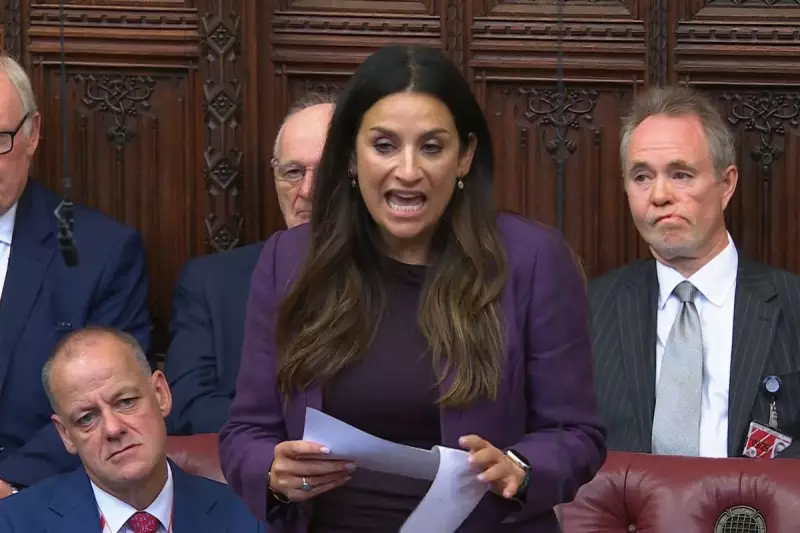
A Conservative peer has launched a dramatic intervention in the debate over the future of the National Health Service, tabling a bill that demands a fundamental overhaul of its structure and funding. Lord Curry of Kirkharle, a respected crossbench life peer, has put forward a Private Member's Bill that is already causing ripples in Westminster.
The Core Demands: Independence and Long-Term Funding
The proposed legislation calls for two revolutionary changes. Firstly, it demands the establishment of a new, fully independent board to run the NHS. This body would be designed to operate at arm's length from the government of the day, shielding the health service from short-term political interference.
Secondly, and perhaps more radically, the bill mandates the implementation of guaranteed 10-year funding cycles for the NHS. This move is intended to provide the stability and long-term planning capability that many health experts argue is crucial for tackling deep-rooted challenges like workforce planning and infrastructure investment.
A Peer with Proven Cross-Party Credibility
Lord Curry is no ordinary Tory peer. Originally appointed as a crossbencher in 2001, he brings significant credibility to the debate. His background as the former president of the National Farmers' Union and his current role as chairman of the Better Banking Campaign demonstrate a track record of navigating complex, large-scale institutions.
His decision to take the Conservative whip in 2016, while now sitting as a non-affiliated peer, adds a intriguing political dimension to the bill's presentation.
Timing and Political Context
The bill's introduction comes at a critical juncture for the NHS. With a general election looming and health service performance consistently ranking as a top concern for voters, all major parties are under pressure to present convincing plans for its sustainable future.
Private Member's Bills rarely become law without government support, but they serve as powerful tools to shape debate and pressure ministers. Lord Curry's intervention forces a conversation about structural, rather than merely financial, solutions to the NHS's challenges.
Potential Implications and Next Steps
If even elements of the bill were adopted, it could represent the most significant governance change to the NHS in its 75-year history. The proposed independent board model echoes similar structures used for other major national institutions like the Bank of England.
The bill's progress through the Lords will be closely watched by health policymakers, patient groups, and political strategists alike, all assessing whether these radical ideas could gain the traction needed to reshape Britain's most beloved institution.





